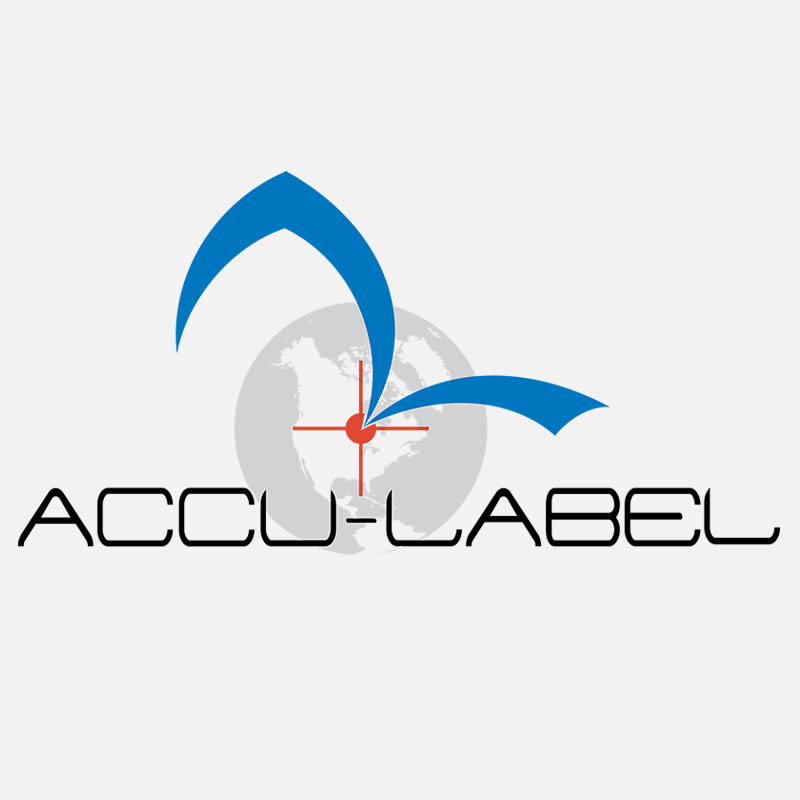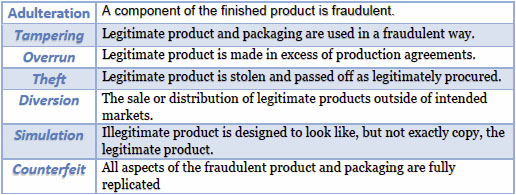
What is Food Fraud?
Food fraud is simply defined as intentional deception using food for economic gain. Food safety and quality systems have traditionally focused on preventing unintentional contamination with known pathogens or substances. Food fraud prevention requires a different approach; it requires a deeper study into the economic incentives and tendencies towards criminal behavior. In order to protect themselves, brands must be mindful of assessing their own vulnerabilities and instituting barriers to prevent food fraud from occurring.
What are the different types of food fraud?

What is the global impact of food fraud?
Consumers are losing faith and companies are losing money with an estimated cost on the global food trade totalling upwards of US $30 to $40 billion every year. Beyond the economic impact, food fraud poses significant risk to public health and safety. Brands such as Dole, Zespri and Sunkist have seen their labels being counterfeited and illegally manufactured and distributed to various parts of China. Authorities have already prosecuted 13 individuals involved in the incident, but this raises the question of how food fraud can be prevented moving forward?
How can brands take action?
To protect consumers and protect brands, Accu-Label has developed a labelling solution, VERIFY-it™, that is similar to safety features you may see on banknotes. This technology shields brands from being victims of counterfeit and also protects consumers against unethical business practices. “Consumers need to feel confident when purchasing produce that they can trust what is on the label. Our solution gives consumers the peace of mind that their fruit are coming from where the labels say they are coming from and that goes a long way when you are feeding your family.” says Joe Sleiman, President and Owner of Accu-Label, manufacturer and seller of sustainable labels and advanced labelling equipment.

We have seen packers purchase produce from markets such as Mexico and try to sell it off as being “locally-grown”. There are regulatory bodies that work to protect consumer interests in addition to the industry at whole. One such organization is The Fruit and Vegetable Dispute Resolution Corporation (DRC), which is a non-profit that works closely with industry associations and governments
on behalf of their members to do what is best for the produce industry by defining policy that levels the playing field and fights unethical business practices. The Canadian Food Inspection Agency (CFIA) top priority it to protect consumers by safeguarding Canada’s food supply. The CRIA does this by verifying that the industry is meeting federal food safety requirements and conducts sampling and tests to detect food safety risks.
The first step to enacting meaningful change is to accept that a problem exists. With the influx of cases involving food fraud, consumers must be increasingly aware of the risks that exist and exert caution by purchasing produce from a trusted source. Beyond that, consumers can subscribe to receive email notifications on high-risk food recalls and allergen warnings from the CFIA by visiting http://www.inspection.gc.ca. Consumers can keep their eyes peeled for the latest innovations such as the one from Accu-Label offering an extra layer of security through the VERIFY-it labels protecting consumers, retailers and packers alike.
For more information please contact:
Shubh Singh | [email protected]
Business Development
Accu-Label International
439 Silver Creek Industrial Dr.
Lakeshore On N8N 4W2
References
Buyer beware: Why food fraud is on the rise in Canada. (2017, February 08). Retrieved April 10, 2018, from https://www.ctvnews.ca/business/buyer-beware-why-food-fraud-is-on-the-rise-in-canada-1.3275927
Charlebois, S. (2017, February). Dalhousie‑led study. Retrieved April 10, 2018, from
https://www.dal.ca/news/media/mediareleases/2017/02/21/dalhousie_led_study_finds_that_majority_of_canadians_concerned_about_food_fraud.html
PWC. Tackling food fraud. (2016). Retrieved April 2, 2018, from https://www.pwc.com/sg/en/industries/food-safety-integrity/tackling-food-fraud.html
Professor John Spink, Director of the Food Fraud Initiative MSU

You must be logged in to post a comment.